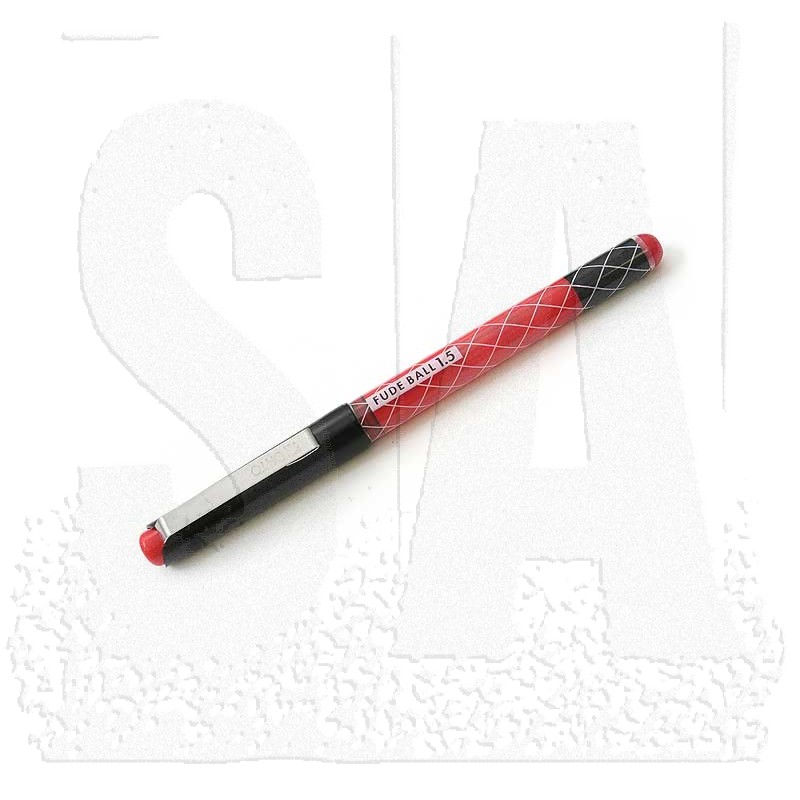The Fude
The fude is a type of pen that has gained increasing popularity and attention in recent years due to its unique brush-like tip and versatility in calligraphy and art. Anyone, ranging from beginners to professionals, can benefit from using a fude for their creative work.
Pain Points Related to the Fude
One of the challenges that many artists and calligraphers face is finding the right type of pen or brush that can produce the desired strokes and effects. Traditional brushes can be difficult to use and control, while modern pens may lack the organic feel and texture that artists seek. Additionally, many people may be intimidated by the unfamiliar shapes and functions of the fude, discouraging them from trying it out.
Answering the Target of the Fude
The fude solves these pain points by combining the versatility of a brush with the convenience and ease of a pen. Its elongated brush-like tip allows for a wide range of strokes, from thin and delicate to bold and expressive. The fude also comes in various sizes, allowing artists to experiment with different line thicknesses and textures. As for beginners who may find the fude daunting, there are plenty of resources available online, including tutorials, instructional videos, and practice guides.
Summary of Main Points
Overall, the fude is a versatile and accessible tool that can benefit anyone who wants to delve into calligraphy or express their creativity through art. It offers unique advantages over other types of pens and brushes, such as its organic feel and texture, while also being easy to use and control. Whether you are a beginner or an experienced artist, the fude is definitely worth trying out.
The Fude and Its Target: A Personal Experience
As an avid calligrapher, I was initially hesitant to try the fude due to its unconventional shape and design. However, once I began experimenting with it, I quickly fell in love with its beautiful strokes and unique textures that I couldn't achieve with my other pens and brushes. It added a new dimension to my work and allowed me to push my creative boundaries.
Using the fude also taught me patience and control, as its tip requires a light touch and steady hand to produce the desired effect. It may take some time to get used to, but the end result is worth the effort. I also appreciated the variety of sizes and shapes that the fude comes in, which allowed me to experiment and explore different styles and techniques.
The Fude and Target: Tips for Beginners
For those who are new to the fude, there are a few tips that can help ease the transition and make the learning process smoother. First, start with a larger fude size, such as a medium or large, as they are easier to control than smaller sizes. Next, practice basic strokes and shapes, such as circles and lines, to get a feel for how the fude works. Finally, try using different types of paper, as some may work better than others with the fude's ink flow and texture.
The Fude and Target: Advanced Techniques
For more seasoned users, there are several advanced techniques and styles that can be achieved with the fude. One such technique is the "sans-serif" style, which involves creating a clean and modern look without the use of traditional serifs. Another technique is the "watercolor wash" style, which involves using the fude to create a watercolor effect by blending inks and water. Mastery of these styles and techniques can elevate one's work and add a unique touch to any project.
Question and Answer
Q: Can the fude be used for writing as well as art?
A: Yes, the fude can be used for writing, especially in languages that use a lot of flourishes and strokes. However, it is important to note that the fude's elongated tip may not be suitable for everyday handwriting.
Q: Are all fude pens the same?
A: No, there are various types of fude pens that come in different sizes, shapes, and materials. It is important to experiment and find the one that suits your style and needs.
Q: Can left-handed people use the fude?
A: Yes, left-handed people can use the fude. However, they may need to adapt their grip and angle to accommodate for the fude's elongated tip.
Q: How should I store my fude pen?
A: It is recommended to store the fude horizontally, with the brush tip facing upwards, to prevent ink from drying out or flowing unevenly.
Conclusion
The fude is a unique and versatile tool that offers a lot of creative potential for both beginners and experienced artists. While it may take some time to get used to, the end result is a beautiful and unique work that stands out from the rest. With its wide range of strokes and textures, the fude is definitely worth adding to any artist's toolkit.
Gallery
Fude Ball Pen - Red

Photo Credit by: bing.com / fude pen ball red views
Fudepen - Wikipedia

Photo Credit by: bing.com / pen fude calligraphy pens japanese writing wikipedia file kanji brush use commons beautiful today wikimedia history wiki drawing literally means
Japanese Fude Pen - LinocutBoy
Photo Credit by: bing.com / fude pen tools linocut japanese materials linocutboy essential ten linoleum
Two Fude Pens Compared – Janinescribbles

Photo Credit by: bing.com / fude compared pens two jinhao
Fude, Glorious Fude | Park West
Photo Credit by: bing.com / fude glorious
